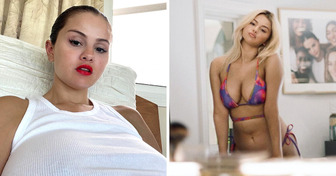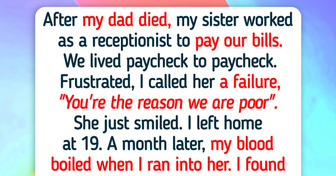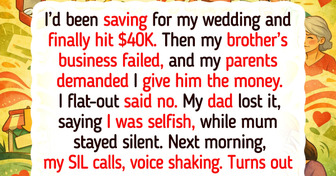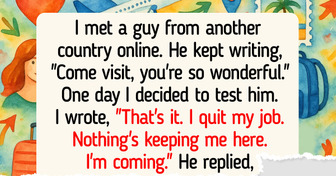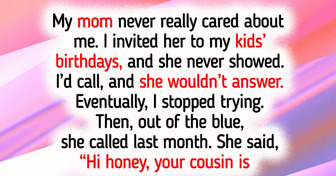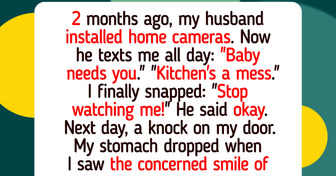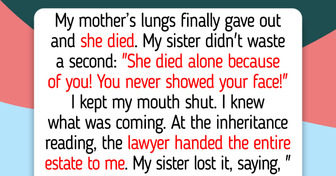10 Star Couples We Couldn’t Think Would Be Together, but It’s So Cool to See Them Happy
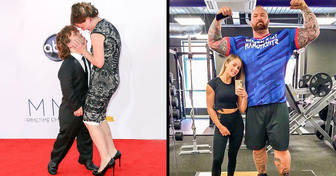
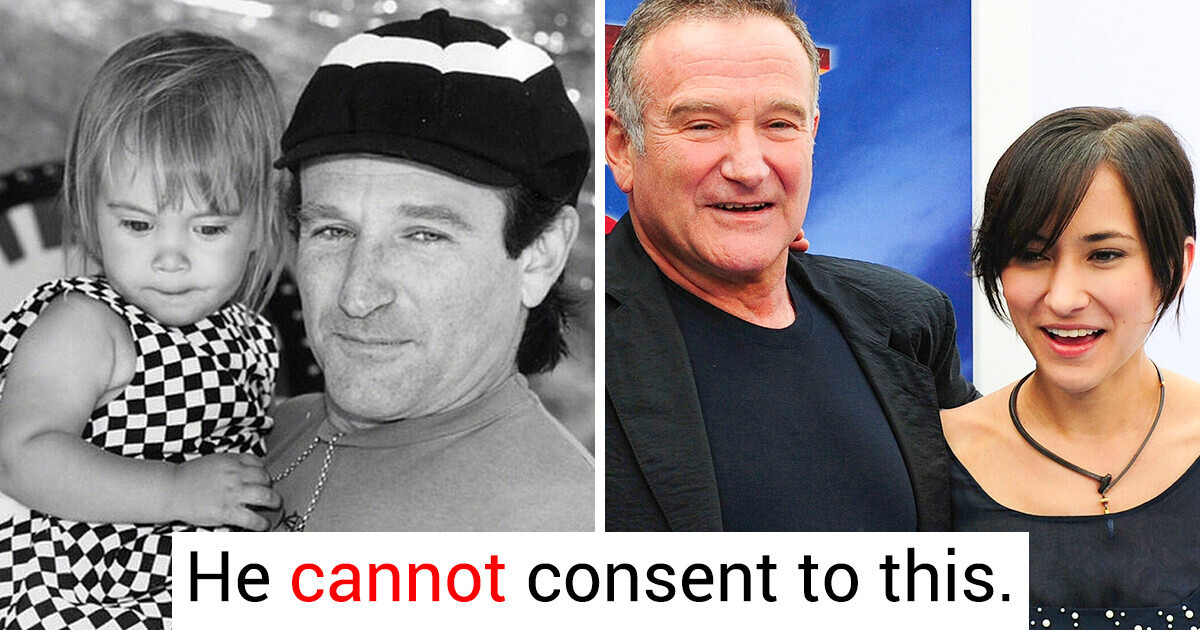
Zelda Williams passionately criticized the “disturbing” use of technology to replicate her late father, Robin Williams, and raised concerns about artificial intelligence in the entertainment industry. In an Instagram Story statement, she emphasized her personal involvement in the Screen Actors Guild’s (SAG) battle against AI.
In a raw Instagram Story, Zelda Williams, daughter of the late Robin Williams, shared her opinion on people using her father’s image with the help of artificial intelligence. She mentioned that for years she has been following the industry’s attempts to use AI to substitute actors, including her father, without their consent. Zelda Williams highlighted that this isn’t a hypothetical scenario anymore. It’s already a reality. She proceeded to bring up the unsettling misuse of AI technology to manipulate her father’s voice to satisfy the industry’s content.
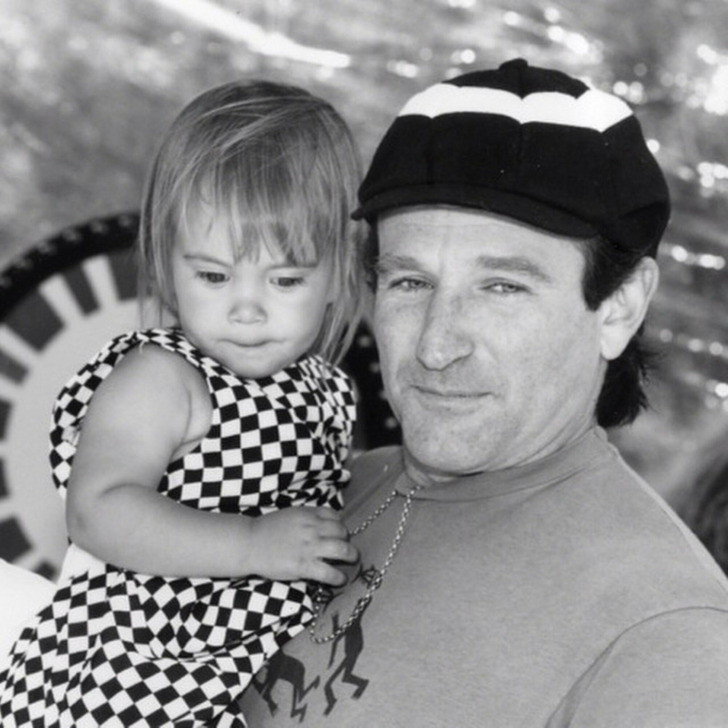
Williams stressed that this issue transcends her own discomfort, declaring the importance of granting living actors the opportunity to manifest their unique choices, humanity, and time in their performances. She believes that actors have the right to craft characters, lend their voices to animations, or invest their genuine human effort and time in their acting. Williams further articulated her concerns about AI’s impact, mentioning how these recreations are mere imitations, comparing them to “horrendous Frankensteinian” mock-ups.
In essence, Williams fervently criticized the use of AI technology to replicate her father and emphasized the need to preserve the artistic integrity and choices of living actors in the entertainment industry.
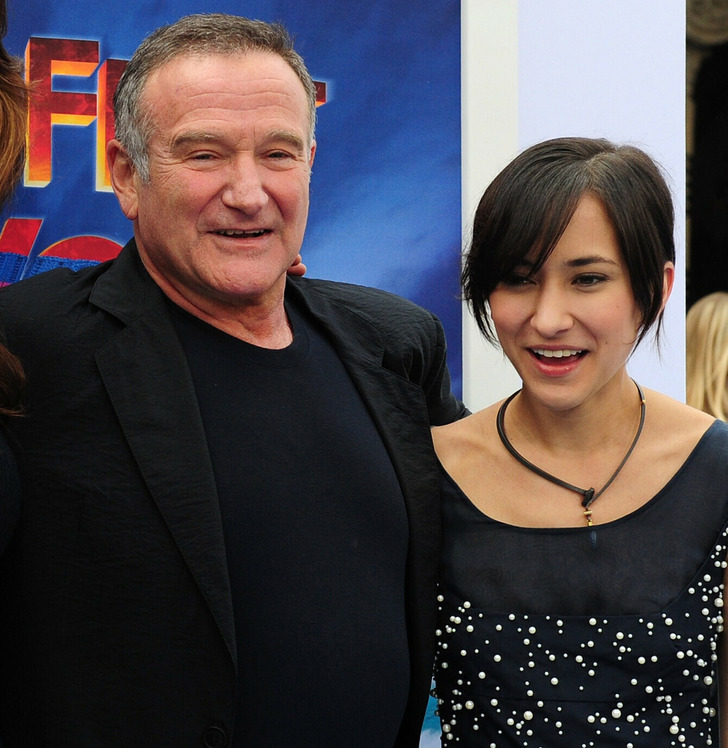
Artificial intelligence has empowered creators to mimic celebrities’ images and voices in various expressive works, including songs, video clips, video games, NFTs, films, and interactive websites. This transformative technological shift raises critical questions about how celebrities can safeguard their personas in this rapidly evolving landscape, a concern that has led to the SAG-AFTRA strike.
This isn’t the first time celebrities have stood up against the use of artificial intelligence. Tom Hanks recently encountered an eerie situation when an AI-generated twin endorsed a dental plan bearing an uncanny resemblance to him. This digital doppelgänger assumed the role of a dental specialist, promising gleaming, captivating smiles. Unfortunately, Hanks was displeased with this unauthorized AI impersonation.
Taking to Instagram, the actor clarified that he had no involvement in the dental promotion, accompanying his post with a screenshot of the AI-generated video and the caption, “BEWARE!! A video promoting a dental plan with an AI version of me is circulating. I want to make it clear that I have no connection to it.”
TV presenter Gayle King also used social media to alert her followers about a deceptive weight-loss drug advertisement misusing her image, clarifying that she had not endorsed it. This concerning trend has garnered attention, and while Meta, the former Facebook company, has refrained from commenting on these specific instances, the platform did emphasize its policy against running misleading ads featuring public figures in an attempt to defraud people of their money.
The fast development of AI technology has created a complex legal landscape. Finding a balanced approach that respects celebrities’ rights and the creative freedom of expressive works remains a challenging task for legal scholars, practitioners, and policymakers.

